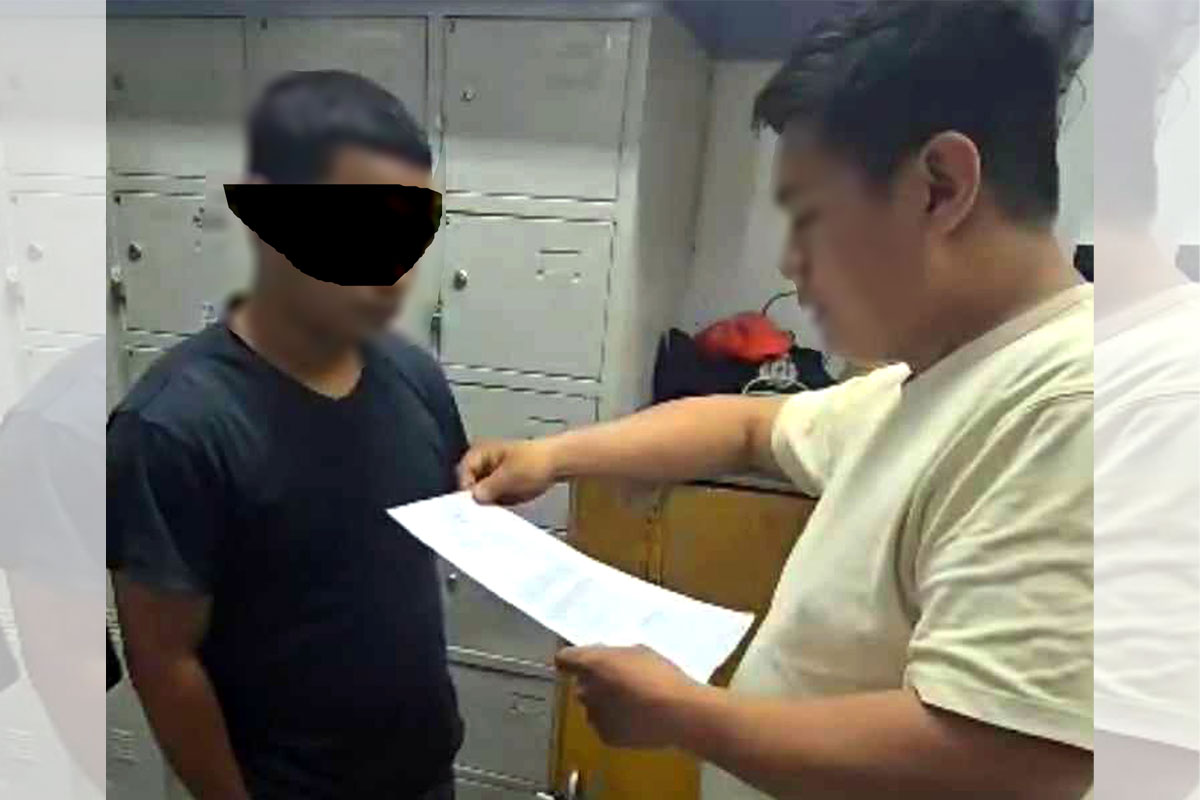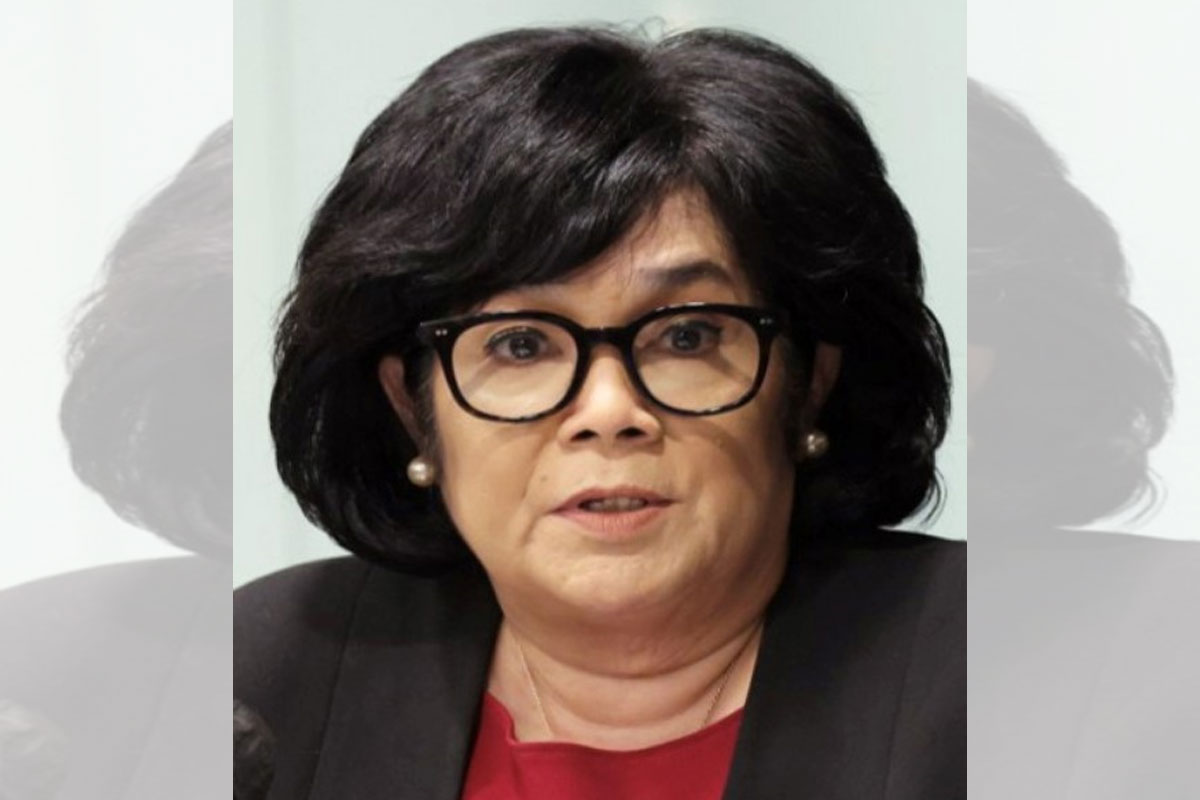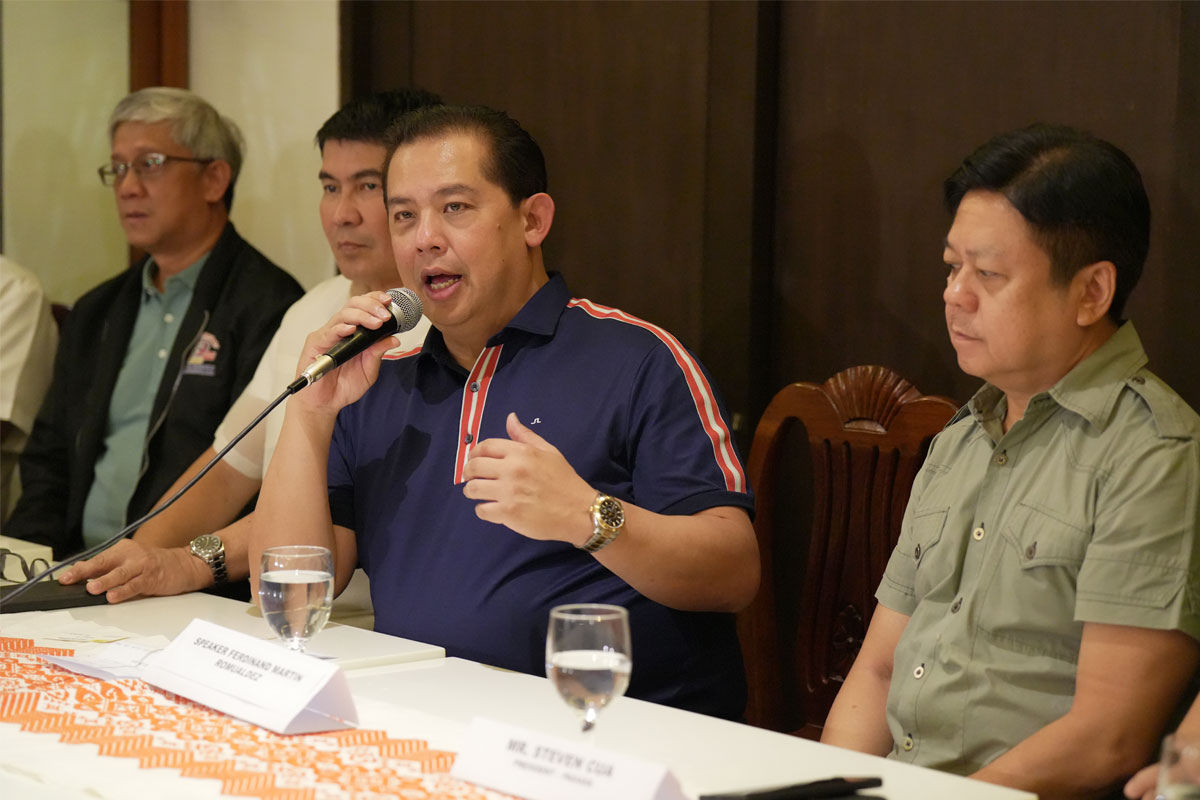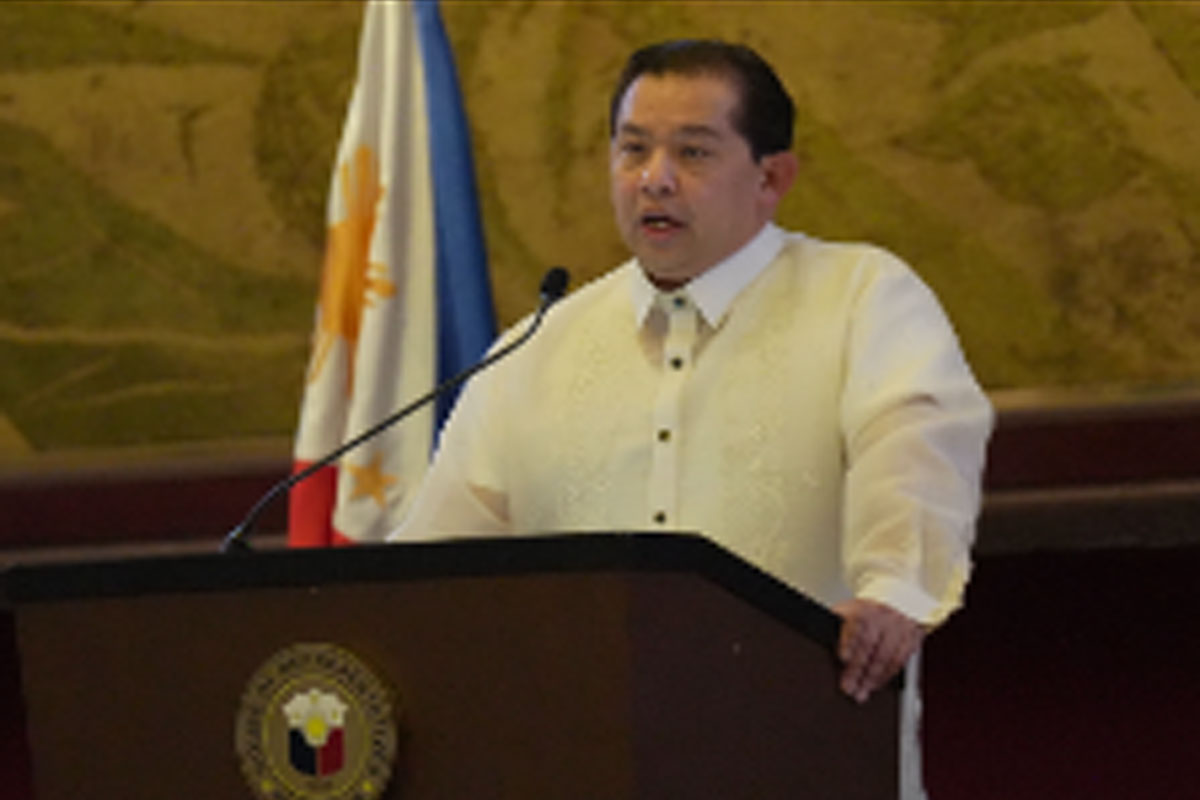
CAAP autonomy bill gets House nod
DESPITE some objections of the Department of Finance (DOF), the fiscal provisions of the bill seeking to strengthen the country’s civil aviation sector have been approved by the House committee on ways and means thereby removing the final obstacle for its passage in the House of Representatives.
House committee on transportation chair and Samar Rep. Edgar Mary Sarmiento lauded House committee on ways and means chairman Albay Rep. Joey Salceda for greenlighting the fiscal provisions of House Bill (HB) No. 8700 specifically the exemption of the Civil Aviation Authority of the Philippines (CAAP) from the Dividend Law within five years upon enactment.
Under the Dividend Law, government-owned and controlled corporations (GOCCs) are required to declare dividends that are remitted to the national treasury. CAAP is a GOCC created through Republic Act (R.A.) No. 94971 has jurisdiction over the restructuring of the civil aviation system as well as the promotion, development, and regulation of the technical, operational, safety, and aviation security functions in the Philippines.
Sarmiento’s HB 8700 is seeking to give CAAP fiscal autonomy and exempt the agency from the Salary Standardization Law to stop the migration of Filipino pilots and flight crews.
It also seeks to extend the term of the CAAP Director-General to insulate them from partisan politics.
“I’m really happy that the fiscal issues related to HB 8700 have been fully threshed out by the Salceda panel. I’m grateful for this positive action of the Ways and Means Committee Now we can move to put in the plenary for House approval,” Sarmiento said.
Sarmiento said the CAAP is an independent regulatory body with quasi-judicial and quasi-legislative powers tasked to provide safe and efficient air transport and regulatory services in the country and should be therefore allowed some leeway in fiscal management.
“CAAP should have the capability to respond to global changes and challenges,” Sarmiento said.
During the virtual hearing held by the Salceda panel, DOF division chief Lyonel Tanganco said that the department is not in favor of some of the fiscal provisions of HB 8700, particularly in the exemption of CAAP from the provisions of RA 7656 or the Dividend Law.
“CAAP’s financial position shows that it can pay the dividends due without affecting its viability,” Tanganco said.
But Sarmiento said that the CAAP needs to improve its financial position to protect the country’s civil aviation assets and discourage workers from working for other countries that pay higher wages.
Sharing dividends to the national treasury, Sarmiento said, is limiting CAAP’s ability to respond to financial challenges amid the pandemic.
“The negative impact of the COVID-19 pandemic on the financial viability of the aviation sector is staggering. We need a highly competent CAAP to assist the industry to recover,” Sarmiento said.
Various business groups have been pushing for the immediate passage of HB 8700 to provide CAAP sufficient power to improve the country’s aviation sector and upgrade its status among international bodies monitoring and accrediting aviation quality.





















